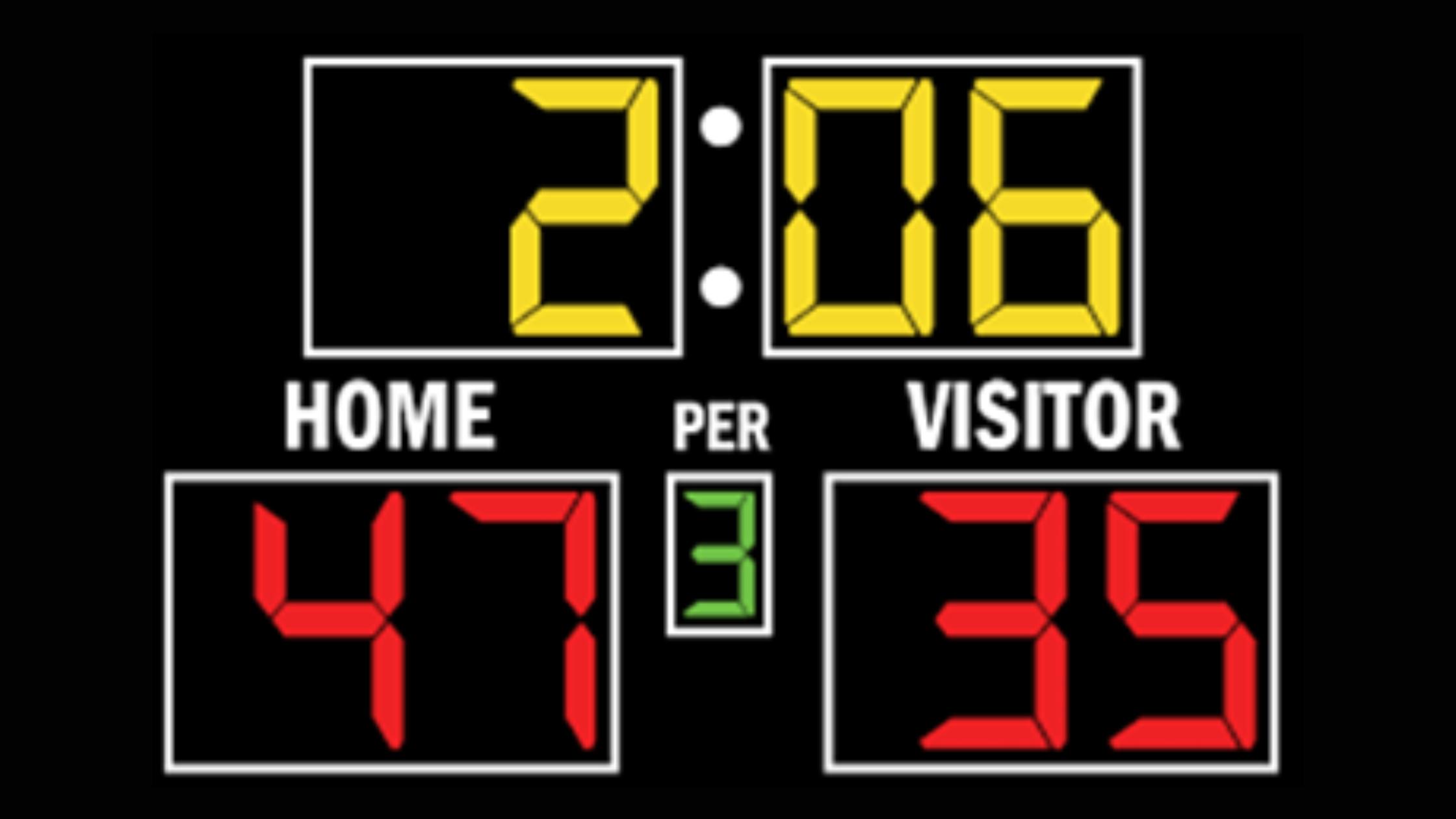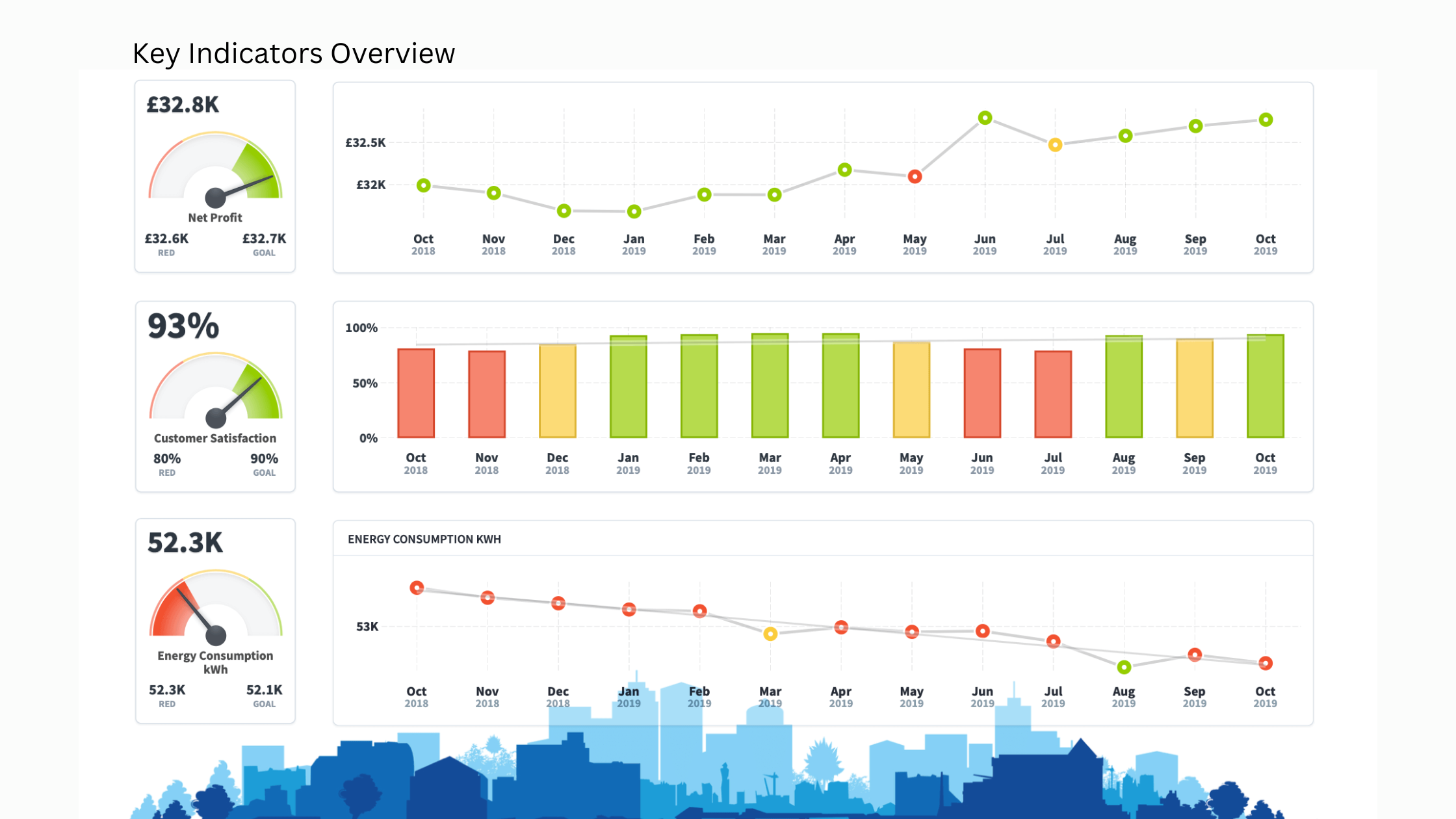Stop Keeping Score and Start Asking Real Questions

Getting on the same page with others of importance is challenging enough—being overly focused on “keeping score” can make it impossible. Unlike in sports or business, trying too hard to win in professional and personal relationships often delivers losing results.
Real Questions that invite open discussion and thoughtful replies can help us get on the same page with ourselves and others. Asking where we are and where we want to be can lead to insightful road maps of how best to meet each other there.
Why it matters
• 32% U.S. employee engagement in 2022
• Conflict at work, school, or with family can lead to situational depression
• The benefits of employee engagement and wellness are well-documented
Working on—and actively strengthening—relationships that matter most can positively impact our personal and professional well-being. Time spent effectively communicating within these important relationships has obvious benefits.
What’s much less obvious is the vital importance of dedicating timely effort to do the work to get on the same page. If we do not bring clarity and positive direction to these situations, disagreement can escalate into conflict. Then, getting on the same page can become more elusive and sometimes even impossible.
Today, management has many tools to keep score over time. Digital dashboards, for example, can monitor and display crucial key performance metrics in real-time.

Start measuring the benefits of carefully observing and monitoring joint progress in your most important relationships. Instead of stakeholders, think of the people in these relationships as collaborative sources of energy and momentum; in summary, energy-holders.
Consider this strategy: Make a list of your top ten relationships—personally and professionally—that reflect the most important energy-holders in your life. Take a moment to ask yourself subjectively on a scale of 1 (weak) to 10 (strong), “How healthy is this relationship at this moment in time?” Record your answer next to their name.
Next, take a moment to consider your numerical answer to “Where would I like this relationship to be (in the near future)? Record your answer on a scale of 1-10 next to your prior answer (e.g., 4 > 8).
Two Important Real Questions:
1. “Where am I?” (Or, “Where are we?”)
2. “Where do I want to be? (Or, “Where do we want to be?”)
Carve out time to invest positive attention (Asking and answering Real Questions) in these relationships once a week for three months. At the end of each week, give yourself a red, yellow, or green light for effort and progress.
Reaching out to your energy-holders can be as simple as “I just wanted to reach out and let you know that I was thinking about you. How’s your energy level this week?” As time progresses, or if this is already a strong relationship, you might expand with, “I wanted to let you know that you are an important energy-holder in my life, and I wanted to ask permission to increase our communication.” Perhaps the opportunity to ask, “I’m curious if I am bringing as much energy to your life as you bring to mine?” may present itself.
At the end of each month, reflect on this process and note any changes in these relationships on the same 1-10 scale. You will have proof of significant energy gain in your relationship network, which will ultimately convert to progress in essential initiatives.
The results of deciding to make an effort to spend time strengthening meaningful relationships will become visually apparent. You’ll be surprised at the significant dividends that small investments of time can deliver. Be sure to give yourself a high-five for your proactive efforts.
The exercise above contains some key components of Getting on the Same Page with others. Changing the questions we ask and leveraging real questions versus rhetorical questions can significantly benefit more difficult challenges and situations.
To learn more about real questions or to share your answers.